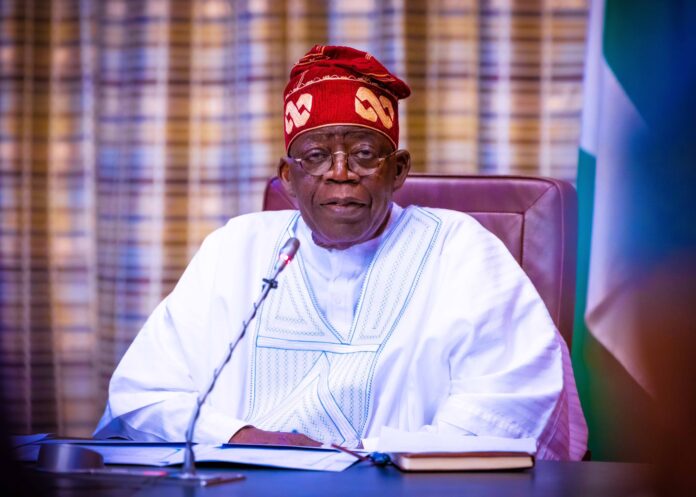The Yoruba socio-political group Afenifere has strongly criticized President Bola Tinubu’s legal move regarding local government autonomy, labeling it as diversionary, hypocritical, and a mere political ploy. In a communique issued after their recent meeting, the group accused the federal government of lacking true commitment to restructuring Nigeria along federalist lines.

Central to Afenifere’s rebuke is the stance taken by Tinubu’s administration in a suit filed at the Supreme Court. The government is seeking a declaration that it is not obligated to directly fund local governments in states without democratically elected councils. Afenifere views this position as contradicting Tinubu’s purported advocacy for federalism and true autonomy for the component states.
According to the group, Tinubu is effectively urging the apex court to overturn its previous ruling which declared unconstitutional a similar attempt by former President Olusegun Obasanjo to withhold funds from local governments in Lagos State. They argue that the current administration’s prayers essentially mimic the illegal executive orders issued by past regimes.
Afenifere contends that Tinubu is well aware that his requested relief regarding direct funding of local governments holds no legal weight without a constitutional amendment. This is because the 1999 Constitution explicitly mandates states to maintain a joint account into which all local government allocations from the Federation Account must be paid.
The group further highlights the apparent hypocrisy in the federal government’s stance, given Tinubu’s own actions as governor of Lagos State. During his tenure, he established local council development areas (LCDAs) later declared unconstitutional by the Supreme Court. Afenifere insists that abolishing the constitutional listing of the 774 local government areas is the only solution to the widespread inequities plaguing the current system.
Drawing from historical analysis, the group points to the lopsided creation and delineation of local government areas across Nigeria’s geopolitical zones. They cite examples such as the significant disparity between the number of councils in the North-West and those in the entire South-East region. Afenifere maintains that delisting local governments from the constitution, as recommended by previous national dialogues, is crucial for true federalism.
In essence, Afenifere perceives the Tinubu administration’s legal maneuver as a continuation of the centralized governance approach adopted by previous federal administrations. The group argues that genuine restructuring and respect for the principles of federalism are imperative for a just and equitable Nigeria.
As the debate over local government autonomy and fiscal federalism rages on, Afenifere’s stern rebuke underscores the deep-seated concerns and expectations surrounding the Tinubu presidency’s approach to this contentious issue.




